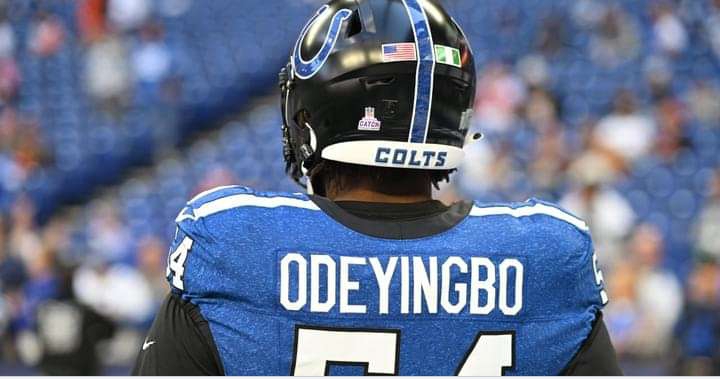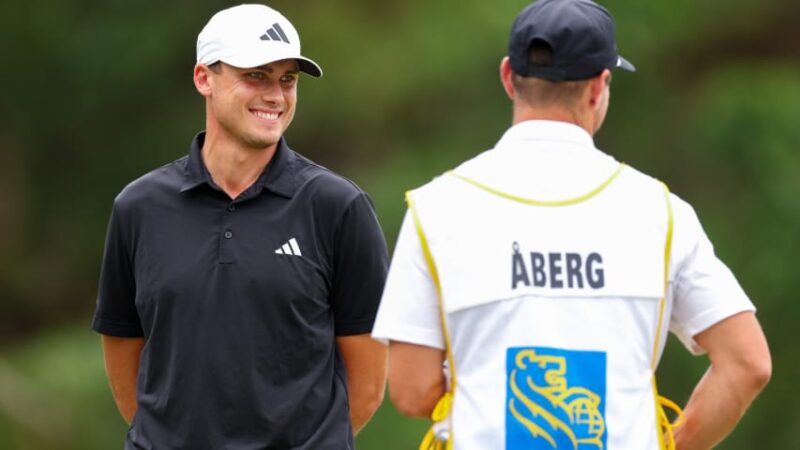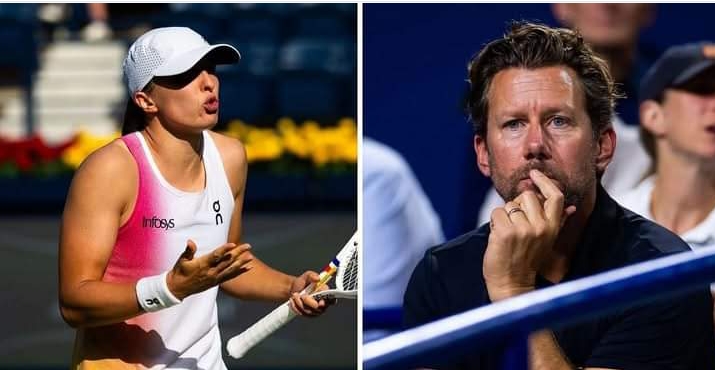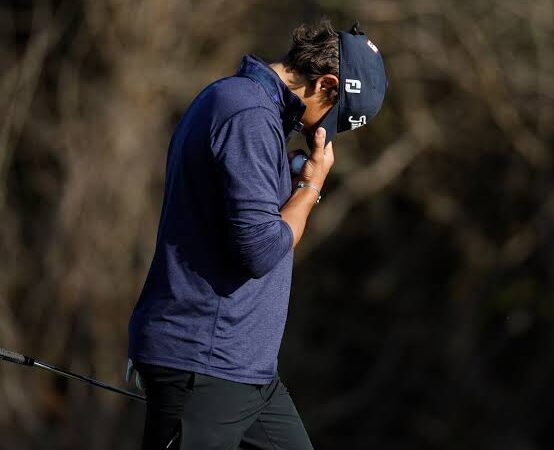Colts players of African descent explain why they play for something much bigger than themselves.

The Colts have six players of African descent on their 53-man roster, the most in the NFL.
The NFL is often referred to as a fraternity by former and current players.
But another union is developing on the border.
Dayo Odeinbo defended the two saying, “We’ve never met or spoken to each other but it’s like we’ve known each other for a long time.” “You automatically start talking to other African men from other teams because they don’t know you, but we know each other a little bit, so it’s like family across the street.
It’s a little brotherhood.”
According to the NFL, there are currently more than 125 players of African descent (born in Africa or children of African immigrants) in the league.
The Colts currently have six players on their 53-man roster: defensive end Adetomiva Adebawore (son of a Nigerian immigrant), tight end Mo Ali-Cox (son of a Sierra Leonean immigrant), linebacker Segun Olubi (son of a Nigerian immigrant) and defensive end Samson.
Ebukam (Nigeria), Odeyinbo (children of Nigerian immigrants) and Kwiti Paye (Liberia) were targeted.
Nigeria’s McTelvin Agim doing defense training.
Creating an environment where players can share diverse experiences that other teammates can’t relate to is the biggest task of any team in the league.
“I think it’s good to be around people like me,” Adebabor said.
“Looks like you’re from an African family and you just grew up.
You may not necessarily be around people who look like you.
Then, if you have the same background, you can connect much more easily because you can see a little bit about how that person grew up.
“Obviously we’re all talented athletes, so it’s nice to see that someone else has the same story as me.”
While players will enjoy the shared experience, there is also an inherent pride that comes from representing Africa.
“You are definitely an ambassador in everything you do,” Olubi said.
“I am an ambassador under my own name.
Everyone knows where my last name comes from.
My horses, my family should be proud of them and everyone around them should be proud.”
Weeks 7 and 8 will give Olubi and several other international NFL players a chance to further show their home country pride after the league announced its international helmet offset initiative.
This allows players to honor their family’s international roots and support the growth of soccer around the world.
This isn’t the first time the NFL has tried to bring its games overseas.
In addition to the annual competitions abroad, such as in Great Britain, Germany and Mexico, programs such as NFL Africa have also been created.
“I think the amount of talent that is missing globally can be a real game changer,” Odeyinbo said.
“Obviously this is the biggest sport in the country, but the talent that can be found not just in Africa but all over the world.
It could be a game changer for the entire NFL and who knows, in the future, other competitions.
Yeah, I mean, it’s great to see the game grow.”
In 2022, the NFL held its first official event in Africa.
Beginning June 21, Paye joined other African-American NFL players in Ghana for a week of scouting camps, fan events and football clinics.
The biggest takeaway from Paye’s experience, he said, was the impact the camp had on its participants.
“This is the first time something like this has happened in West Africa,” Payet said.
“Go there and experience the culture of helping children.
It’s really cool to see the kids in NFL camps right now.
See what they are trying to do and give children the opportunity to develop, improve their lives and change.
Family their lives. Excellent, excellent.”
Nor does Pei plan for this to be his last trip to Africa.
He had long wanted to run his own soccer camp there and hoped others would benefit from the sport as much as he did.
“I think this is important for me because I’ve seen what the game has done for me,” Payet said.
“I was able to travel the world.
I was able to provide for my family.
I was able to do all the cool things the game allowed.
I try to do that for others.
Let them do these things, but some things are very hard to do.
Because the governments in Africa, the governments of other African countries, are very corrupt and difficult. If you send money there, it’s hard to be sure that it will end up exactly where you sent it.
So for me, it’s clear that I will travel in the off-season.
Mom and I will definitely go back there and definitely start and camp there.”
He’s not the only player in the Colts locker room with philanthropic ambitions for Africa.
In 2020, Ebukam launched the T&S Foundation with a mission to meet the basic humanitarian needs of people in Africa.
Before moving to the United States at the age of 9, he witnessed firsthand the injustices suffered by Nigerians and decided to do something about it.
“I have the T&S Foundation, which strives to help Nigerians and make their lives easier,” Ebukam said.
“To make sure their life is a lot easier than mine.
“If this game helps me recognize that, then I’m doing something right.”
So whether they are playing for their own legacy or to inspire the next generation of African footballers, when they step on the pitch they are playing for something much bigger than themselves.
“At the end of the day, you feel like you’re playing for your culture and your family,” Odeyinbo said.
“Everyone has their own reasons and everyone finds a way to play with a chip on their shoulder.
But in the end, it gives you extra motivation to play because it feels like more than just getting a horse on your back.
Of course it’s a family name, but just looking at the first name you can say, “Okay, this is an African player” and we want to show them what we can do.






